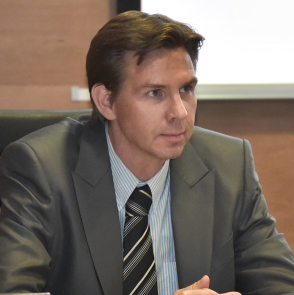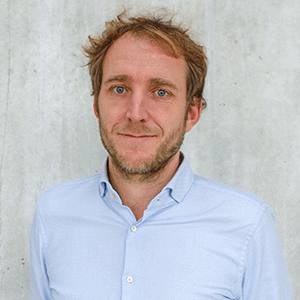Futures of civic resilience in Europe

Resilience and preparedness relate both to coping with the immediate and gradually developing threats, hence contributing also to the transition towards ecological and resilient deliberative communities and society. For instance, we consider personal and community survival skills (both mental and physical wellbeing), deliberative policy and civic skills to avoid polarization and confrontations and sustainable lifestyles based on self-reliance and autonomy. While the challenges considered are global, policy implications are addressed especially from the European research and innovation policy perspective.
This project targets toward 2040 exploring the civic (both individual and community level) resilience and preparedness in Europe. We develop scenarios to consider alternative plausible futures characterized by societal uncertainties caused by major disruptions (wars, upheavals, wildfires, floods, etc.) in different hypothetical contexts of reference (where possible changes induced by trends and weak signals are also considered) and try to imagine how Europeans could be prepared at the individual and community level, especially from the perspective of relying less on the external services provided by the public and private sectors.
This deep dive is part of the "European R&I foresight and public engagement for Horizon Europe" project which aims to help valorise foresight elements from R&I projects of Horizon 2020 and Horizon Europe by increasing their visibility and the potential uptake of their results in EC R&I policy planning.
13452
0
1
0
0
0
Totti Könnölä
0
0
0
Laura Galante & Hywel Jones
0
0
0
Laura Galante
1229
0
933
0
1419
0
3131
0









